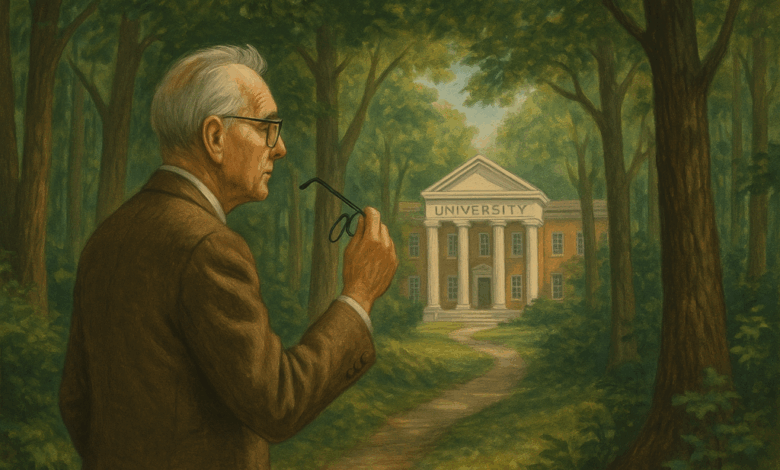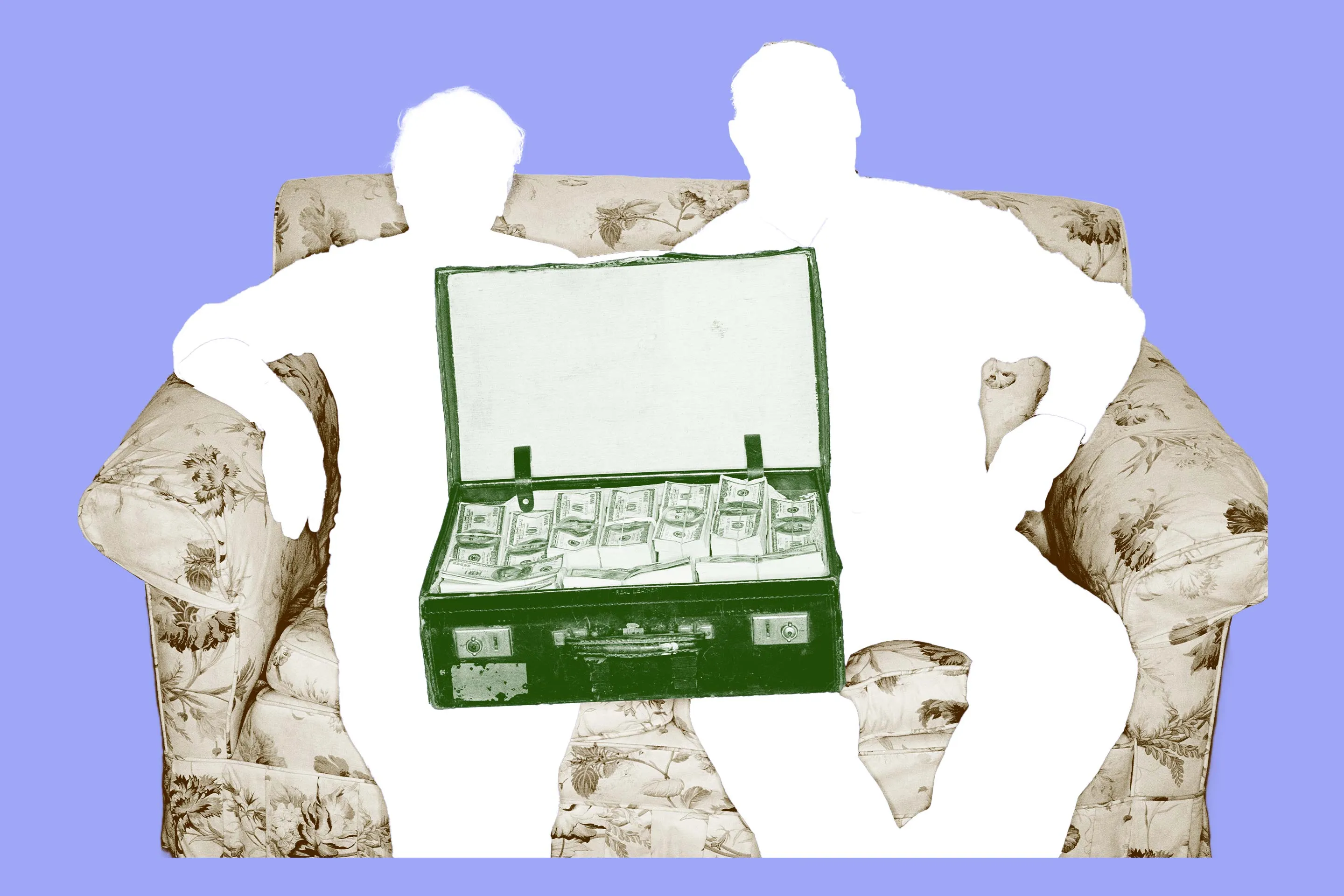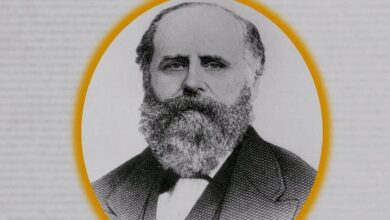Immortality: The Meaning of Buchanan’s Life

An insightful article by Peter Boettke on “Virginia Political Economy: James Buchanan’s Journey” delves into the intertwining of political philosophy and economics in Buchanan’s work. This brings to mind a fascinating two-part video interview of Buchanan by Geoffrey Brennan, highlighting their collaborative efforts as co-authors of “The Reason of Rules: Constitutional Political Economy” (1985). This seminal work encapsulates the contractarian and constitutional framework central to their research. The video offers a more casual and engaging overview of Buchanan’s contributions, shedding light on his perspectives before his passing in 2013.
Towards the end of the interview, Buchanan reflects on the existential question of life’s absurdity, drawing parallels to Albert Camus’ philosophy. He muses on the enigma of existence and his profound interest in the legacy he leaves behind, despite not having children to carry on his genetic lineage. This introspective moment reveals a departure from strict methodological individualism, as Buchanan contemplates his role as part of a broader intellectual tradition—a “tribe” dedicated to upholding the spirit of liberty and classical liberalism. He sees himself as a custodian of these ideas, contributing to a timeless narrative that transcends mortal limitations.
Buchanan’s musings touch on the notion of continuity and collective identity within the realm of ideas, suggesting that by perpetuating a legacy of freedom and enlightenment, individuals can find purpose and meaning beyond the confines of their own mortality. This philosophical reflection adds a poignant layer to Buchanan’s intellectual legacy, emphasizing the enduring impact of ideas and principles that outlast individual lives.
While political philosophy grapples with profound questions of existence and purpose, the essence of life ultimately remains a personal experience, as poet Leonard Cohen eloquently reminds us. Buchanan’s contemplations invite us to ponder the significance of our actions within a broader historical context, where the pursuit of liberty and truth serves as a guiding light amidst life’s uncertainties.
The accompanying image of Buchanan’s family farm in Tennessee offers a glimpse into the personal history and roots of this influential thinker, grounding his academic pursuits in a tangible connection to the land. This visual representation adds depth to our understanding of Buchanan’s intellectual journey and the enduring legacy he has left behind.





